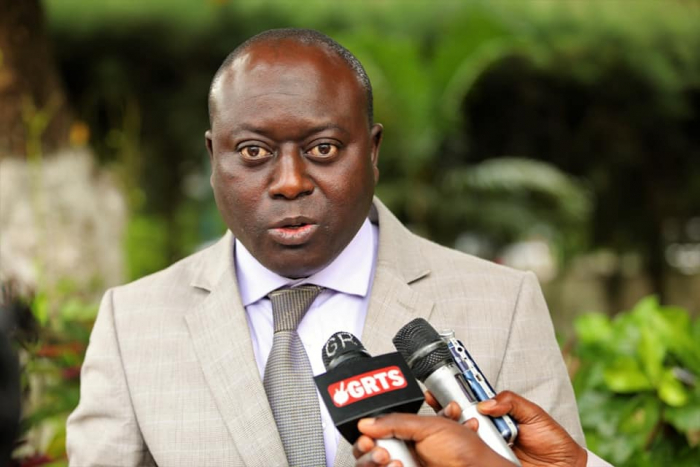
Speaking on Coffee Time with Peter Gomez on West Coast Radio, Minister Sillah disclosed that official police data shows up to 60 recorded crashes monthly, stressing that many of these incidents result in deaths, life-altering injuries, or permanent disabilities.
“As small as we are, the data we receive from the police is shocking,” he emphasised. “The Gambia is among the most affected countries not just in Africa, but in the world when it comes to road crashes and fatalities.”
Many of these accidents occur in areas without proper road markings or signage, he noted, adding that the government is now working with the Gambia Police Force, the National Transport Union, and civil society groups to improve safety infrastructure nationwide.
“We are putting humps in critical areas, repainting road markings, and installing signs near schools, mosques, and busy crossings,” the minister explained. “We’ve mapped out dangerous hotspots across the country and are taking corrective measures.”
Sillah praised the Gambia Police Force for identifying accident-prone areas under the leadership of Commissioner King Colley, saying “the police cannot be everywhere” but data from their patrols has been crucial in shaping intervention plans.
Sillah said drivers’ recklessness and poor discipline remain major contributors to the crisis. “You can have a qualified driver who still drives recklessly, or one who rushes at the last minute and causes an accident,” he reasoned.
He also drew attention to a worrying trend that drivers with health conditions like high blood pressure lose control behind the wheel. “We’ve seen cases where a driver with hypertension got dizzy, lost control, and crashed into crowded markets,” he cited, warning: “If you have such conditions and don’t feel well, don’t drive.”
The minister said government is making effort to modernise public transport, including introducing climate-friendly buses with access ramps for the elderly and persons with disabilities, and overhauling the outdated Motor Traffic Act to make penalties more effective.
“We are moving to a point-based system, like other countries,” Sillah disclosed. “Right now, reckless driving fines are as low as D1,000 an amount set since 1948. That must change.”
Read Other Articles In Headlines





